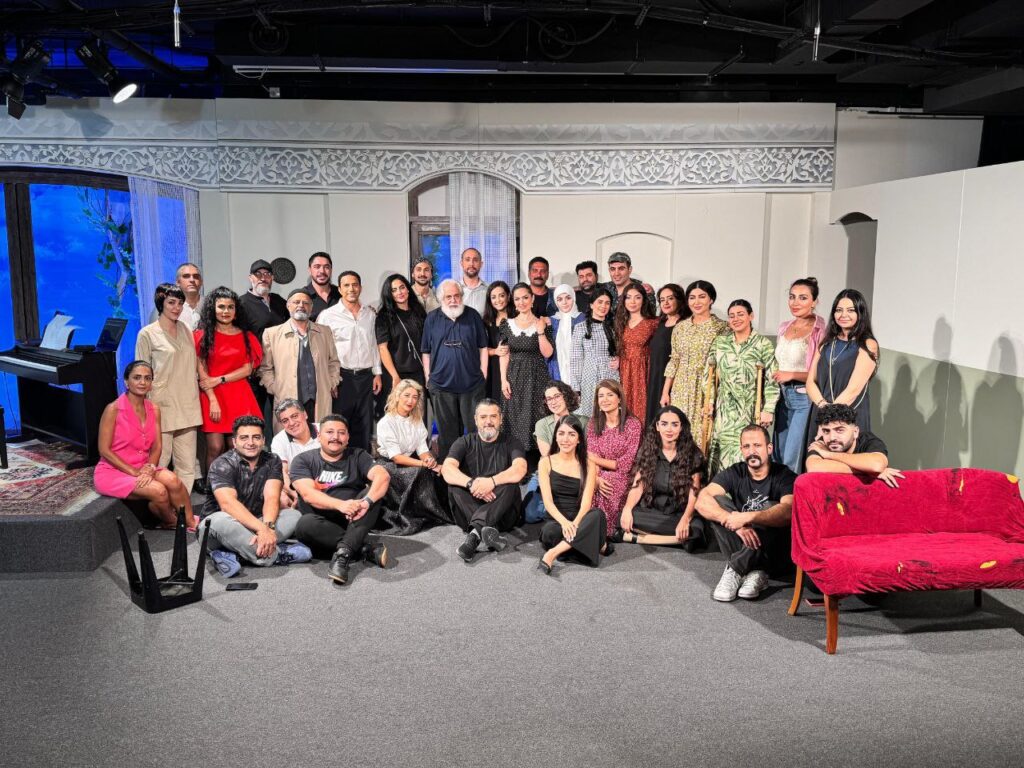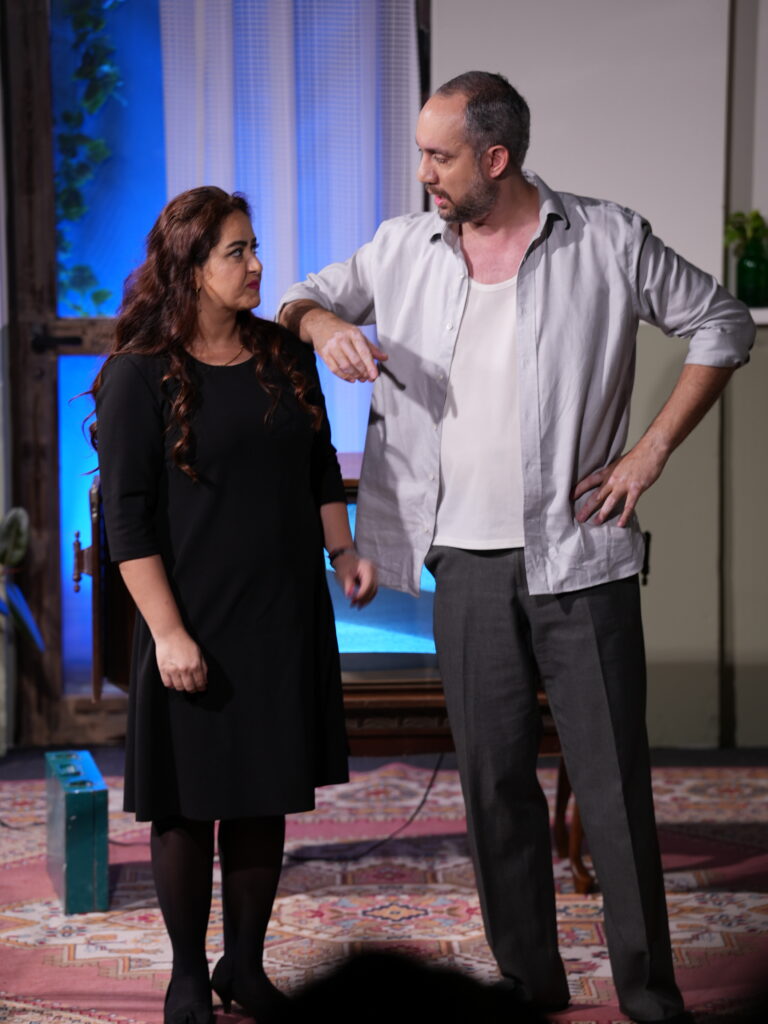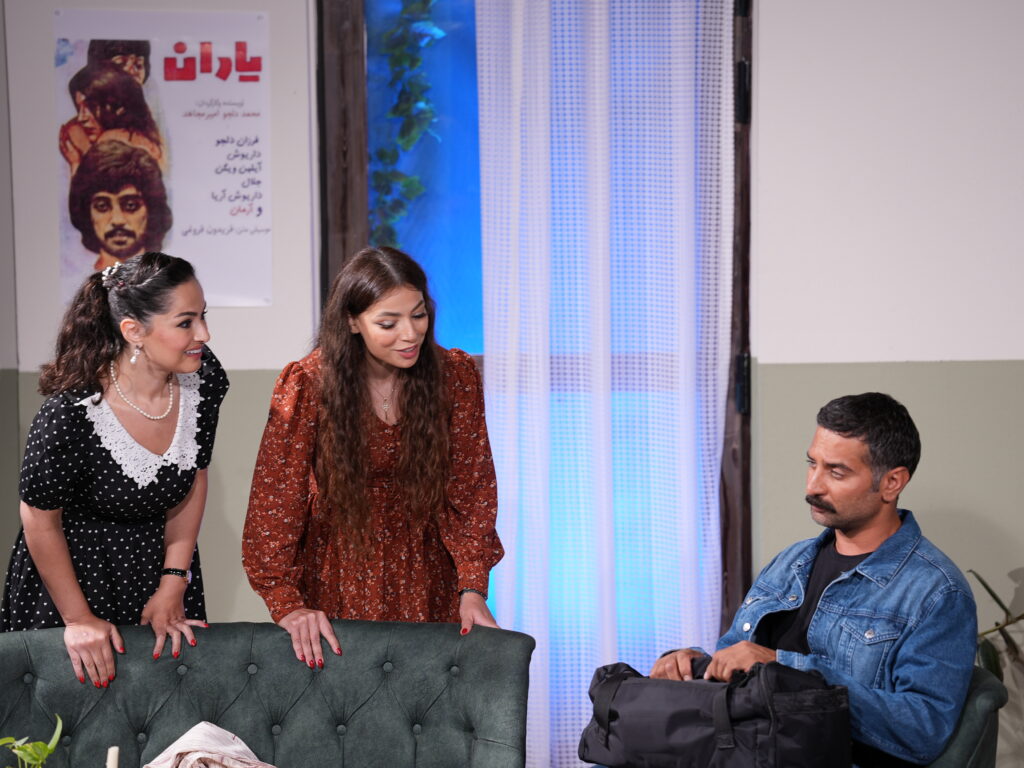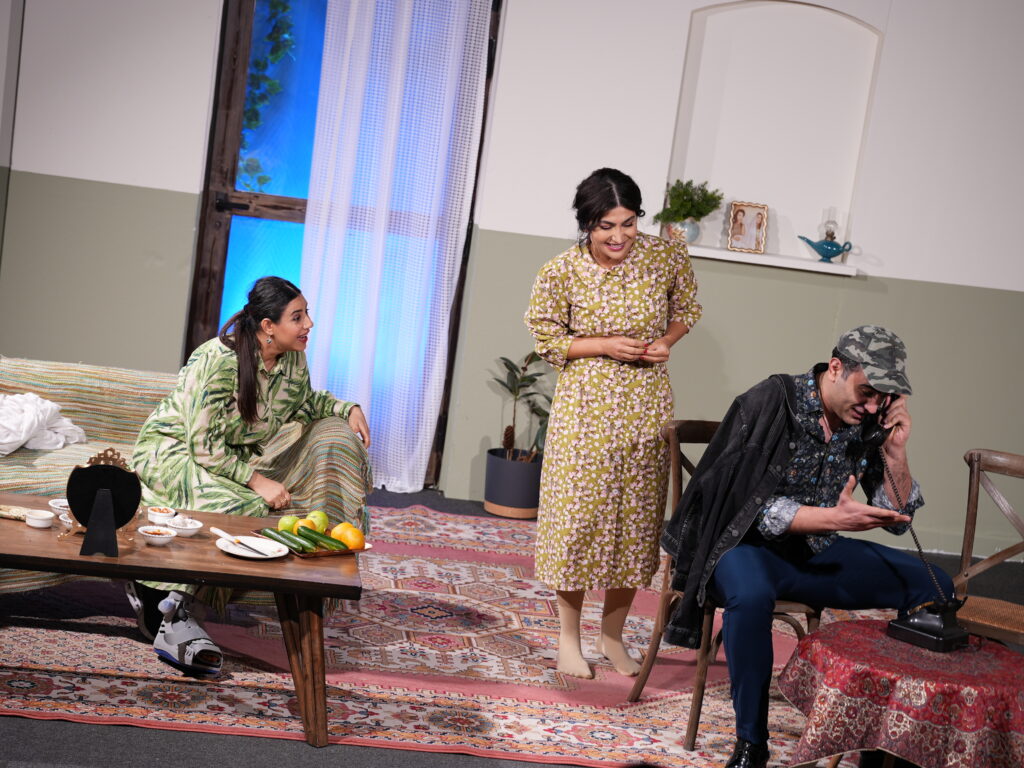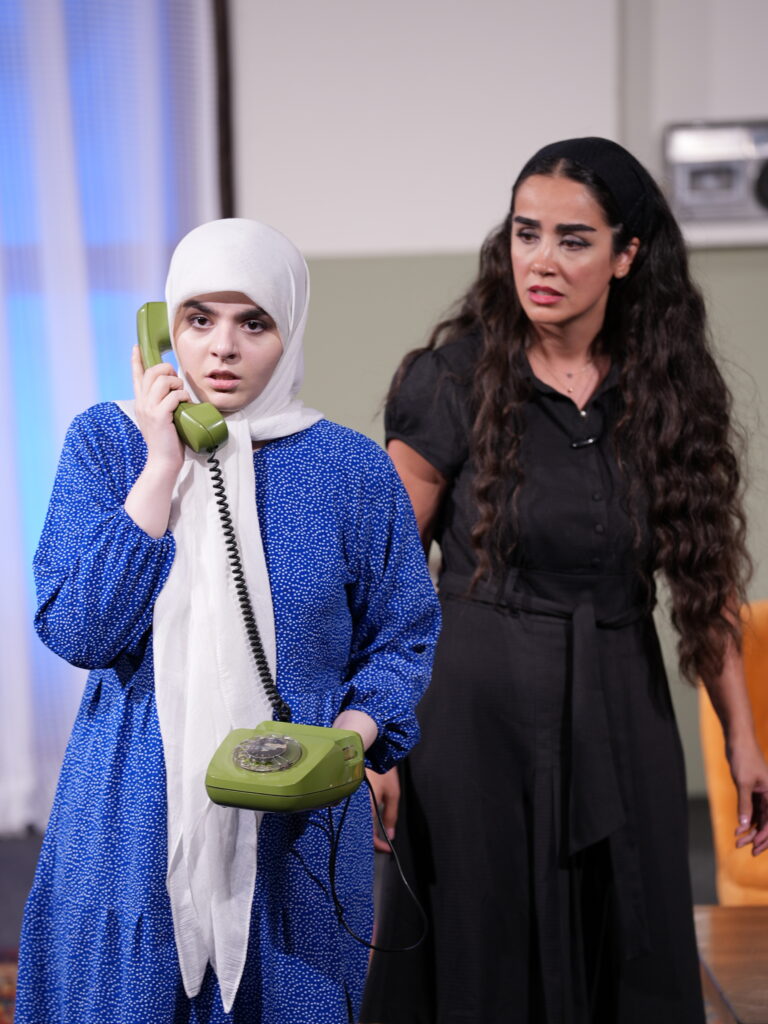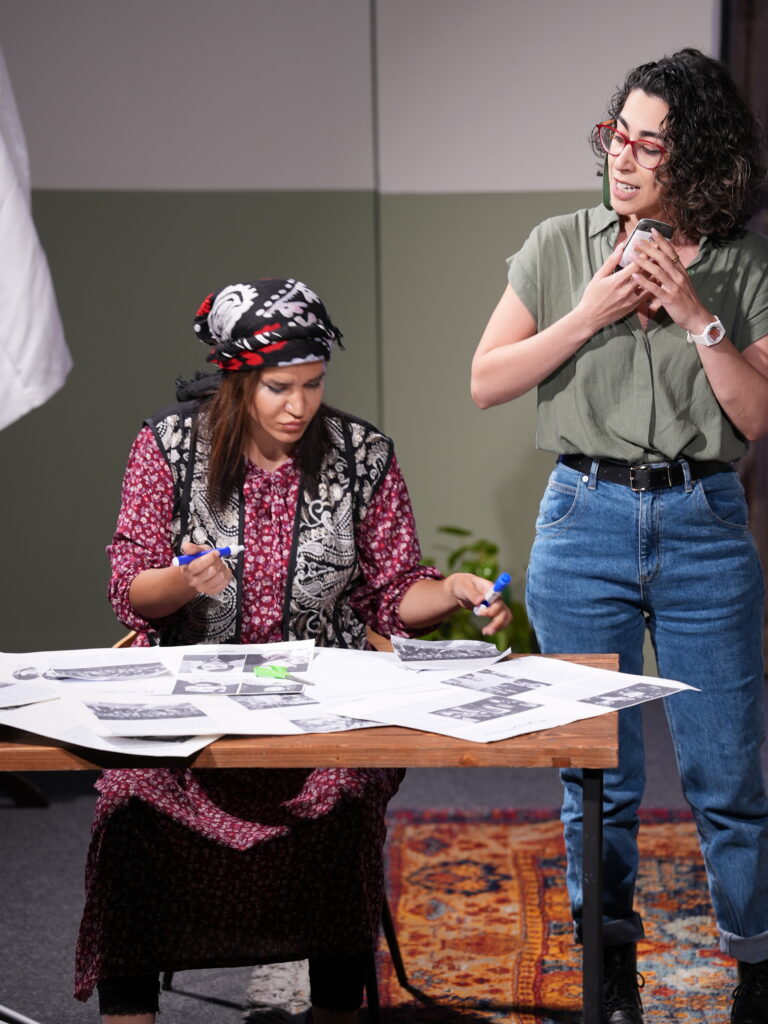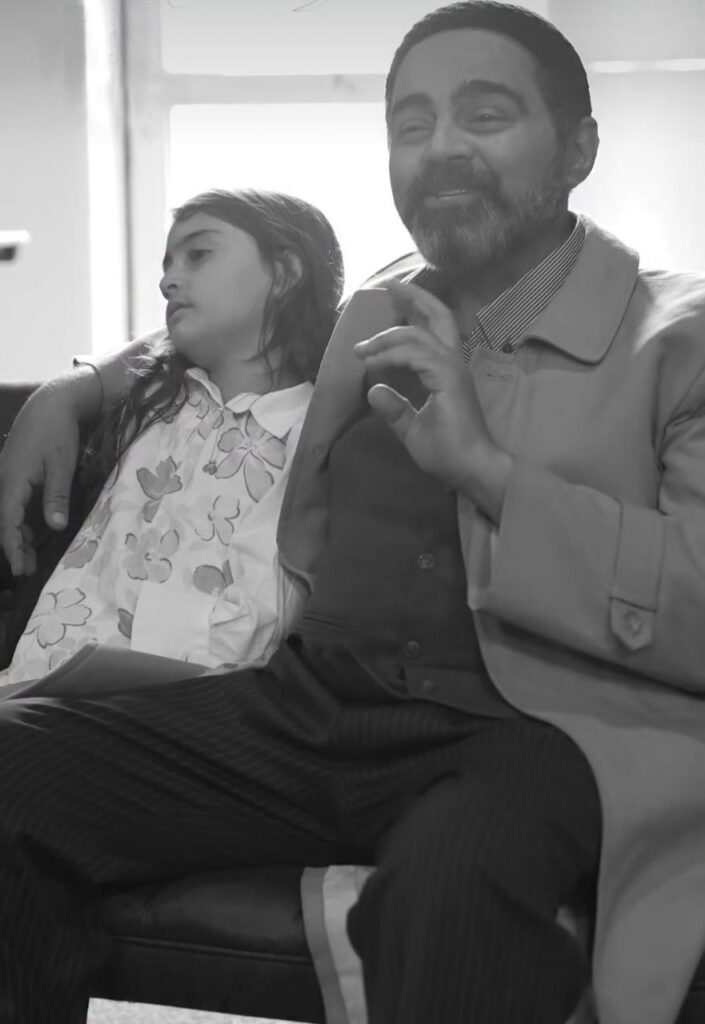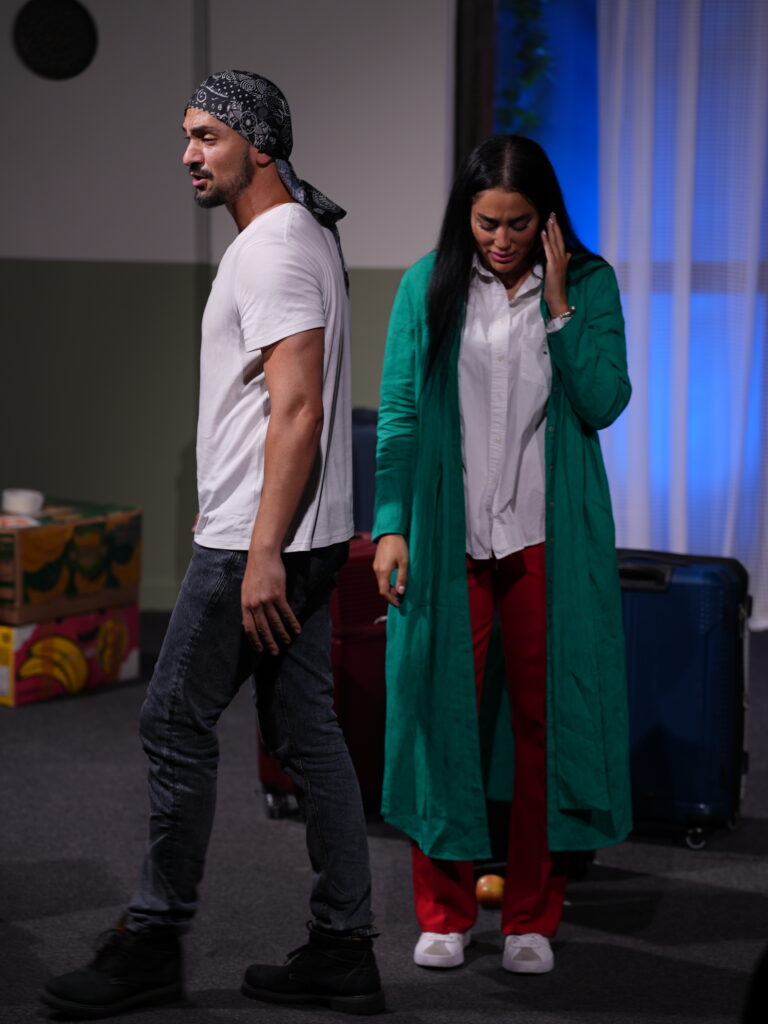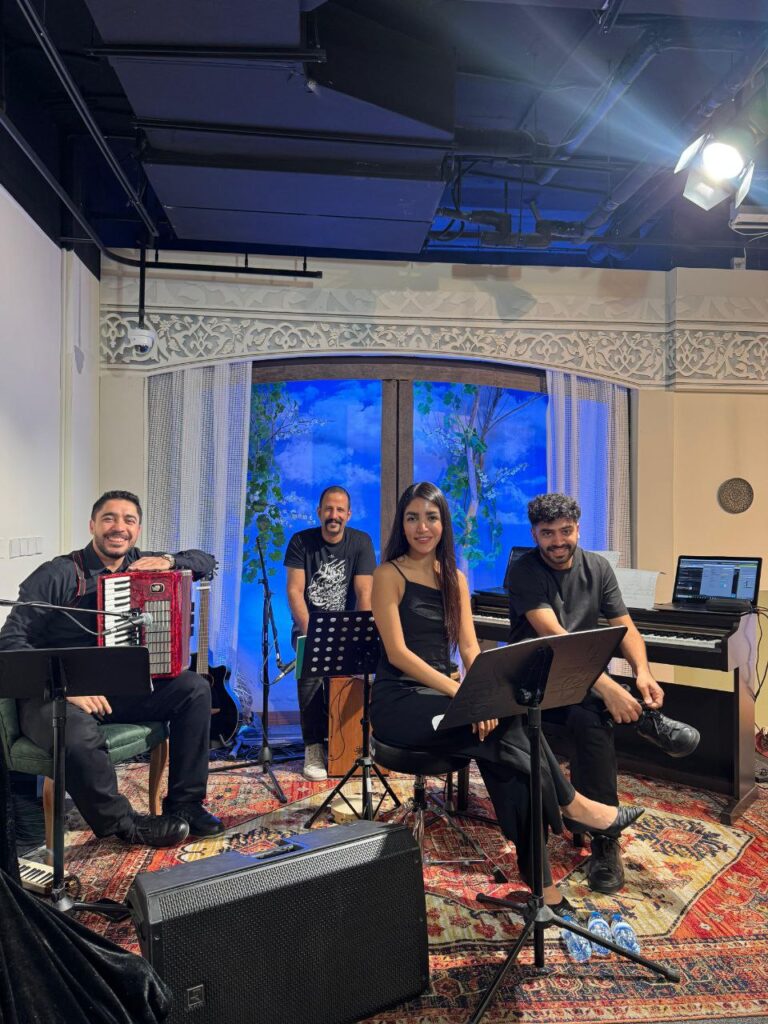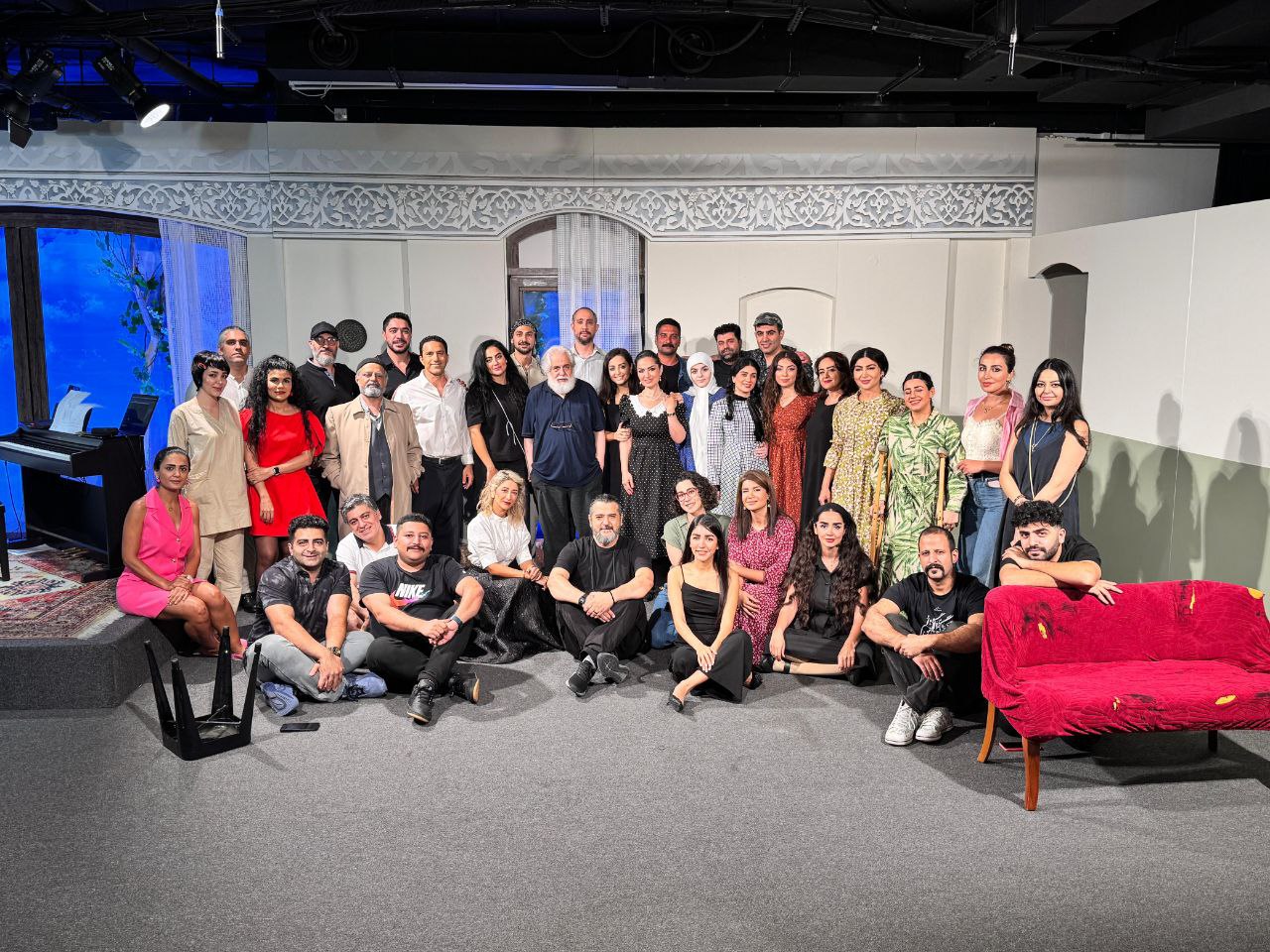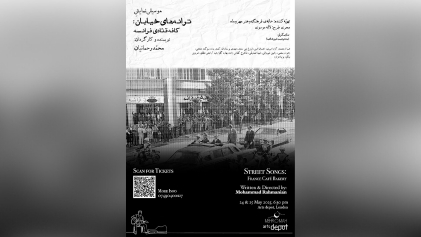Amid Iran-Israel Tensions, Spring Songs Premieres in Dubai with Powerful Message
In the midst of rising tensions between Iran and Israel, a powerful new play took center stage in Dubai in Mehromah Arthouse, capturing the attention of audiences and critics alike.
Spring Songs, a moving and ambitious production written and directed by acclaimed Iranian playwright Mohammad Rahmanian, premiered at the MehroMah Cultural and Arts Amphitheatre from June 18 to 22, 2025. Due to public demand, an additional performance was added to the schedule.
Produced by Hila Sedighi and Iman Arjomandi, Spring Songs tells the story of Iran’s modern history through the lens of one house on Enghelab Street in Tehran. Built in the late 1940s, the house becomes home to different generations of Iranians, each living through key moments in the country’s past.
The play begins in March 1951, during the oil nationalization movement, and continues through eight turning points in Iranian history, all set in the days before Nowruz, the Persian New Year. From the rise of the Tudeh Party to the 1979 Revolution, the Iran-Iraq War, the student protests at Tehran University, the Green Movement, and the 2009 demonstrations, each scene reflects the struggles, hopes, and changes of Iranian society.
The opening scene of Spring Songs is set just before Nowruz 1403. It features a conversation between an old man and a young girl who speaks both Persian and English. Their dialogue bridges past and present, expressing both criticism and concern for the future.
What makes this play stand out is its unique blend of theater and live music. Each chapter ends with a musical performance, bringing emotional depth and a sense of time to the story. Traditional and modern instruments are used to connect audiences with the soul of each era.
With 20 actors and a team of musicians on stage, Spring Songs is one of the most ambitious Iranian theatrical production ever staged in the UAE. It invites the audience to reflect on Iran’s history, its cultural identity, and the journey of its people, both at home and in the diaspora.
